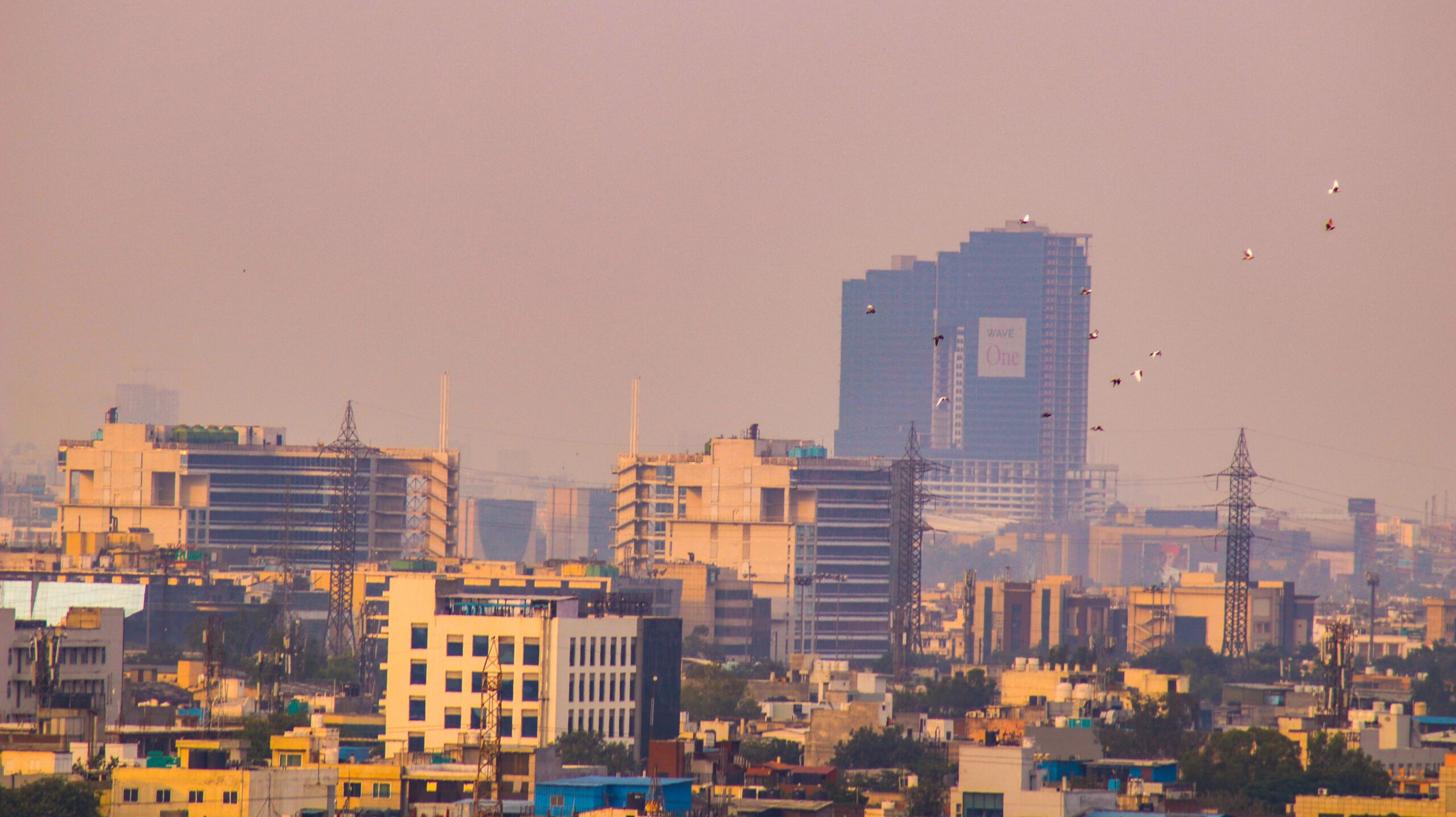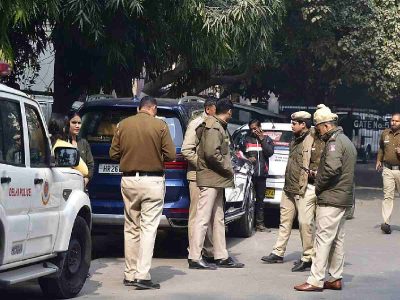In the report titled Different Air Under One Sky by Greenpeace India, a large Indian population is exposed to PM2.5 concentrations more than five times the WHO annual average guideline. Delhi-NCR is subjected to the highest exposure to pollution in the country, concludes an analysis conducted in the same report.
What are PM 2.5 levels?
To find the pollution levels of these cities, the nitrogen oxide (NO 2) and PM 2.5 levels are assessed and compared primarily. PM 2.5, or fine particulate matter, is an air pollutant that reduces visibility and causes the air to appear hazy when its levels are elevated. This increases the risk of road accidents.
Because they are so minute, they can travel deep into the respiratory tract, reaching the lungs, and causing several respiratory diseases ranging from short-term health effects like irritation in the eyes, nose, throat, and shortness of breath to severe diseases like asthma and cardiac issues.
Also read: Delhi declared world’s most polluted city, here’s why
Of the affected population, infants, pregnant women and senior citizens have been termed as the ‘most vulnerable’ to be exposed to harmful air quality. Additionally, in comparison to the 56% people in the population, 62% of the pregnant women presently reside in the most polluted areas.
As per the report, the Indian government “must introduce a robust air quality monitoring system” and “make the data publicly available in real time”. The report further stated that a health advisory along with ‘red alerts’ for bad-air days should also be issued, which will allow the public to take required steps to take care of their health. This would also make it mandatory for the polluters to reduce emissions to protect the environment,” the report stated.
The report has also highlighted that the current National Ambient Air Quality Standards (NAAQS) is “insufficient” and “needs immediate revision”. It has suggested that the Central Pollution Control Board decide a process of revision of NAAQS based on scientific evidence. “The government must ensure the implementation of all the planned activities under the National Clean Air Programme (NCAP), which needs to be more transparent, comprehensive and stronger”, the report said.
The report has warned the government about the threats of a worsening air quality and how it can affect the living beings in the region.
(With inputs from PTI)
Instagram: instagram.com/thepatriot_in/
Twitter: twitter.com/Patriot_Delhi
Facebook: facebook.com/Thepatriotnewsindia





